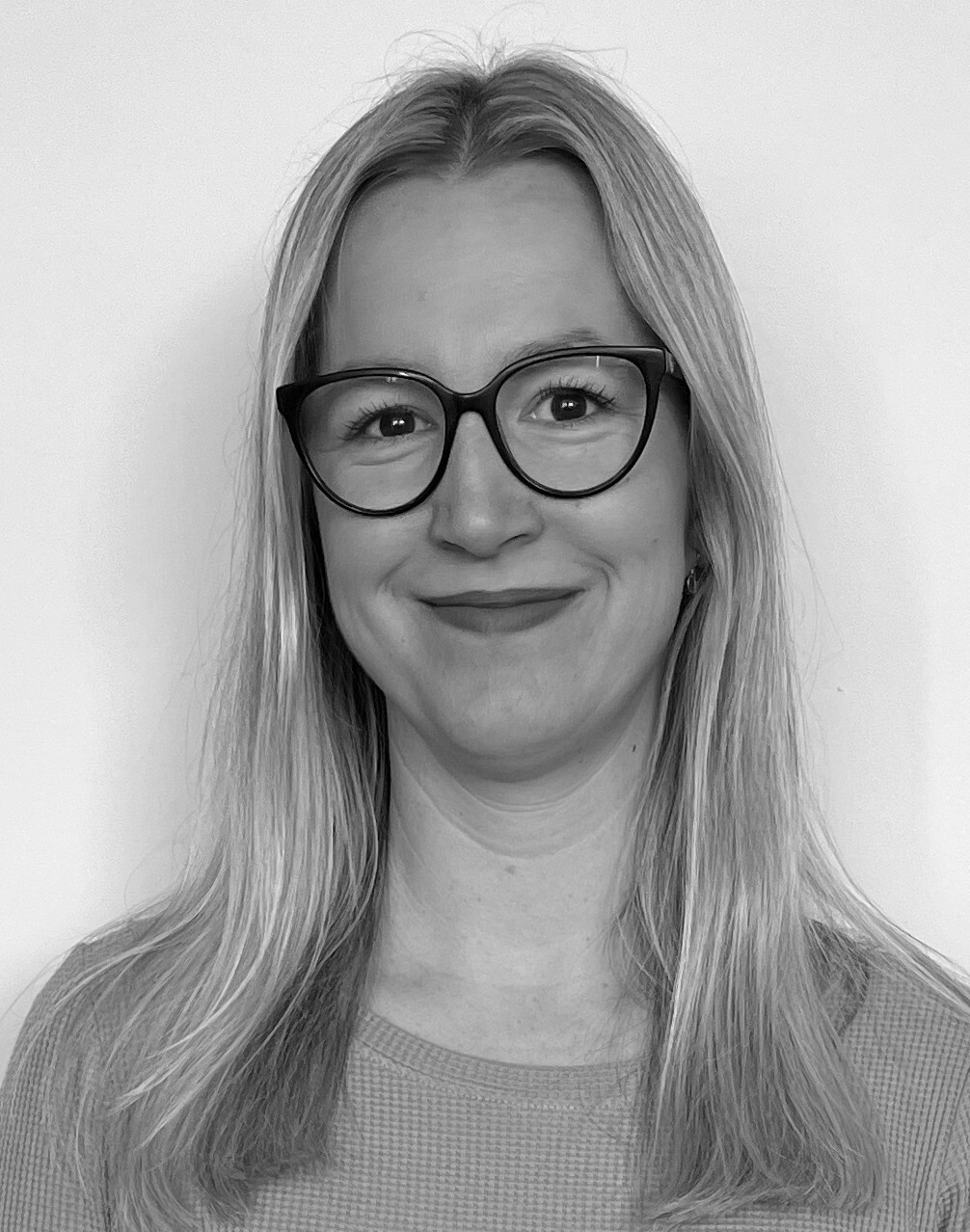Module 2: Computer Vision and Advanced Image Processing
(TD-M2-CVAI)
This introductory 5-day course will explain the theory around computer vision and advanced image processing techniques using artificial intelligence. The course is intended mainly for beginning AI specialists, who have gone through some of the online courses and would like to get better in image processing or to better understand details of how neural networks work in this area.
Course agenda:
- Image Processing and Classical Methods (day 1)
- Theory of Image Processing: representation; color and geometric transformations; edge detection.
- Image Segmentation (e.g. K-means clustering, Background subtraction...).
- Object detection with methods like SIFT, SURF.
- Convolutional Neural Networks (day 2)
- Convolutions, layers;
- Important Architectures and methods.
- Image Classification (day 3)
- Task definition, introduction of FashionMNIST, CIFAR;
- Comparing feed-forward and CNN performance on dataset.
- Object Detection (days 4-5)
- Task introduction;
- Important architectures, methods like YOLO;
- Annotation of data;
- Training YOLO.
Target audience:
Programmers familiar with the basic concepts of AI, who want to learn to apply them in problems related to images.
Prerequisites:
Basics of AI Module
What the student will know after finishing the course:
- Working knowledge of Python and the most important machine/deep learning libraries.
- Be able to independently use/implement functioning Computer vision models.
- Understanding of important computer vision tasks such as image classification and object detection, and effective solutions for them.
- Have basic knowledge of implementing production-ready pipelines.
Estimated time spending: 1 week, 8 hours per day.





